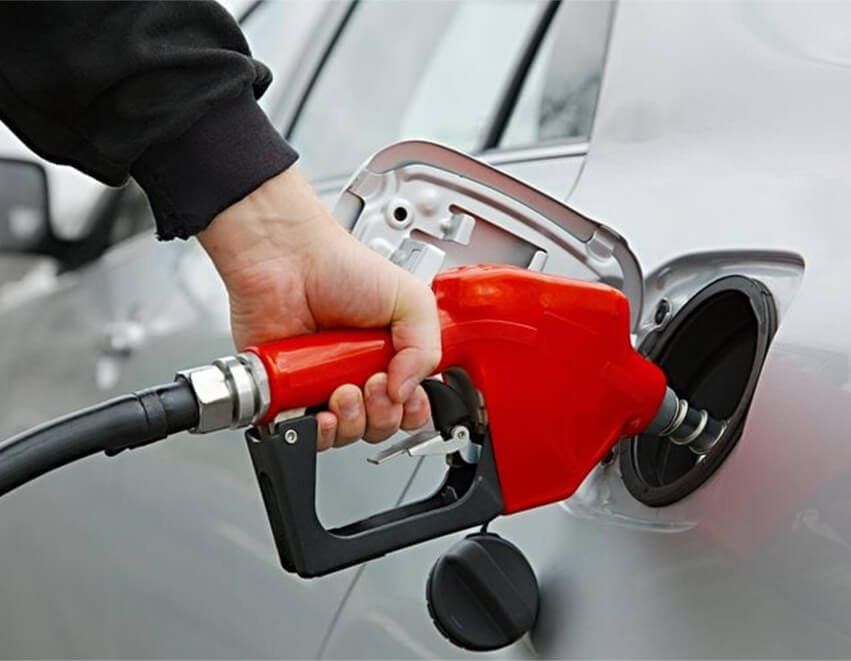From primary and secondary fuel filters to diesel particulate air filters and heavy-duty oil filters, each plays a vital role in trapping contaminants and ensuring smooth operation. Learn why regular filter replacements are essential for preserving your diesel engine’s longevity with Aocheng Group.
As a diesel owner, you already know the importance of fuel filters for protecting your engine from contamination. But did you know there are multiple filter types involved? From the fuel supply all the way through the intake system, diesels use specialized filters to screen out all kinds of gunk. Don’t overlook this crucial maintenance!
Let’s take a closer look at the most common filter types found on diesel rigs. Staying on top of replacements for each one helps ensure your oil-burner runs like a top.
Here are three of the most common diesel fuel filter types you can find in the market:
Up first are the all-important fuel filters, providing the initial line of defense for your diesel’s fuel system. These come in a primary and secondary stage to progressively filter out smaller and smaller contaminants.
Primary fuel filters use a relatively coarse media to trap larger particles like dirt, rust flakes, waxes and water before they can wreak havoc on the injection pump or injectors. These take the brunt of the contamination load.
Secondary fuel filters have a much finer media mesh, often rated to remove particles down to just 3-5 microns in size. This ultra-fine filtering provides “polishing” for the fuel, ensuring only the cleanest droplets make it into those sensitive injection components.
Neglecting fuel filter changes means all that gunk has a clear path to your injectors and high-pressure pump – not good. Factor in rising fuel pump and injector replacement costs and you’ll wish you had kept those filters fresh!
On the intake side, diesel engines also use heavy-duty air filters to screen out dust, soot, and other particulate matter before it scorches the hot cylinder walls and combustion chambers. These filters protect turbos, valves, and pistons from premature wear.
Many diesels, especially on newer semis, are also running diesel particulate filters (DPFs) that capture 85%+ of those nasty particulates before they can make it out the exhaust pipe. These soot traps improve air quality but require periodic maintenance cycles to purge out the trapped gunk.
Finally, diesel engines use a heavy-duty oil filter with a rugged media to capture shavings, sludge, and all sorts of metal particles before they can wear out cylinder walls or create damaging hotspots. Diesel duty cycles are so extreme that oil filters often require more frequent changing compared to gas engines.
Between the fuel supply, intake airflow, and engine lubrication, there are multiple filters keeping your diesel humming by trapping potential contaminants. Sure, cartridge replacements can get spendy – but it’s nothing compared to overhauling an entire fuel injection system or rebuilding an engine’s cylinders and pistons!
Make filter swaps a priority in your preventative maintenance routine. Your diesel’s long service life depends on keeping every filtering stage properly maintained. A small investment in fresh filters sure beats an enormous repair bill.
If you are looking for products related to diesel fuel filtration, get in touch with Aocheng Group right away to find the best products possible!




